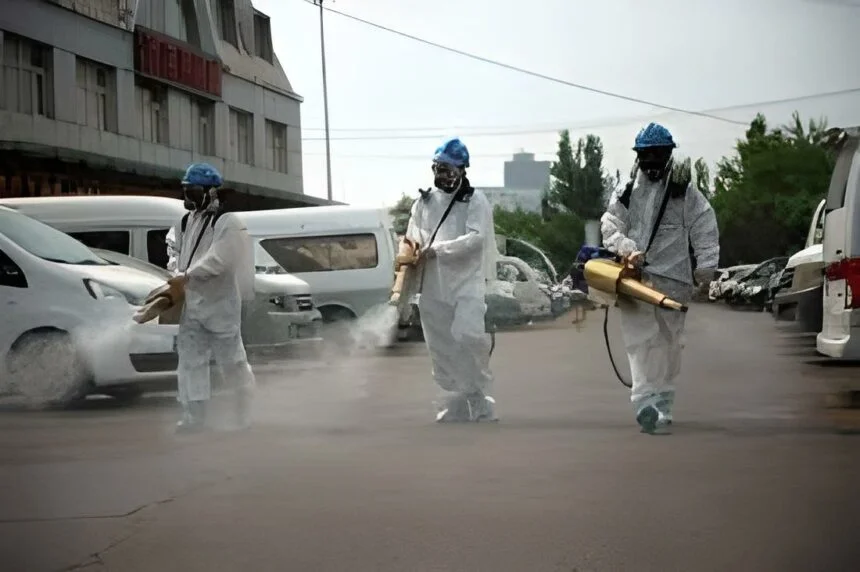The 1.4 billion-person nation started deconstructing its “zero-COVID” regime of lockdowns and testing this month as a result of widespread protests. This move came at a significant financial and psychological expense. The relief came at the same time as a rise in COVID cases, which experts predict will continue through the winter and may result in over a million fatalities in China the following year.
China, which has a strict definition of what counts as a COVID fatality, reported no further COVID deaths on December 20 compared to five the day before.
5,241 people have died nationwide since the outbreak started after one death in Beijing was removed.
According to a top Chinese respiratory specialists, the number of severe cases in the capital over the next few weeks may increase substantially.
A respiratory specialist from Peking University First Hospital named Wang Guangfa told the newspaper, “We must act quickly and prepare fever clinics, emergency, and severe treatment resources.”
Tuesday saw a 53 percent surge in severe cases across China compared to a 23 percent increase the day before. China does not publish exact numbers for serious instances.
According to Wang, the COVID wave will peak in late January, and by the end of February or the beginning of March, things should be back to normal.
There may yet be a devastating wave in China, according to several eminent researchers and experts to the World Health Organization, therefore it may be premature to declare the end of the worldwide COVID pandemic emergency phase.
The head of the WHO, Tedros Adhanom Ghebreyesus, expressed “hopefulness” last week that the situation would be resolved at some point in 2019.
Global concerns
In response to concerns over China’s relatively low COVID death toll by international standards, the National Health Commission made it clear on Tuesday that only persons who die from pneumonia and respiratory failure after catching the virus are categorised as COVID deaths.
That classification would overlook “a lot of cases,” according to Benjamin Mazer, an assistant professor of pathology at Johns Hopkins University, especially given that those who are immunised, even with the Chinese jabs, are less likely to die of pneumonia.
Numerous deaths among COVID patients have been attributed to blood clots, cardiac issues, and sepsis, a severe case of infection-related illness.












